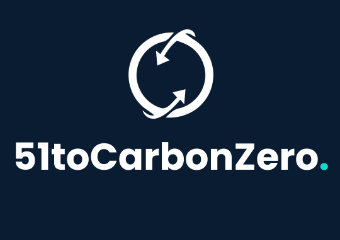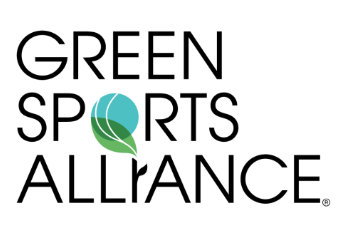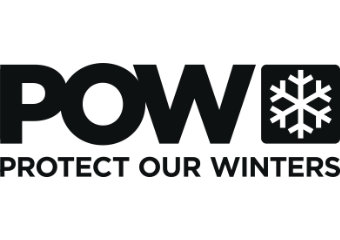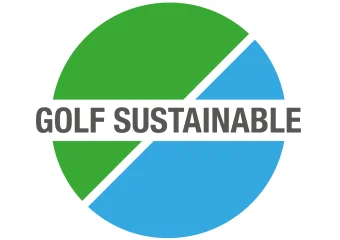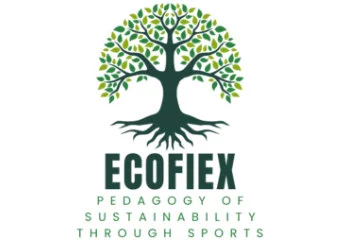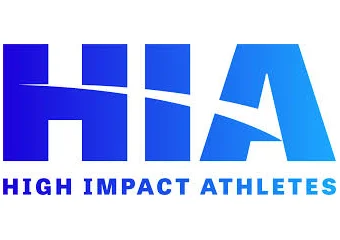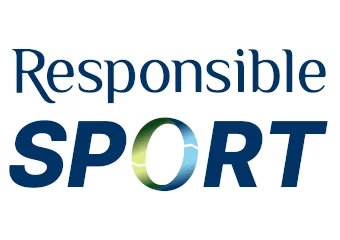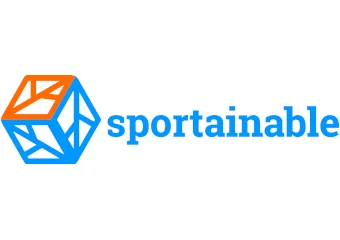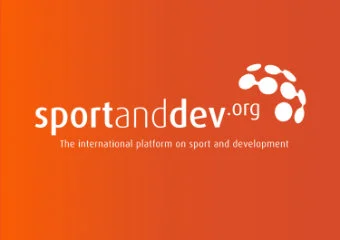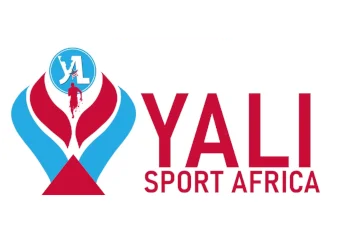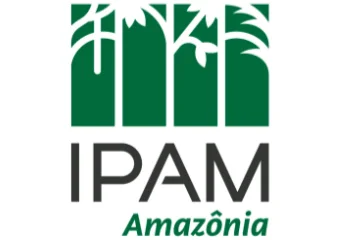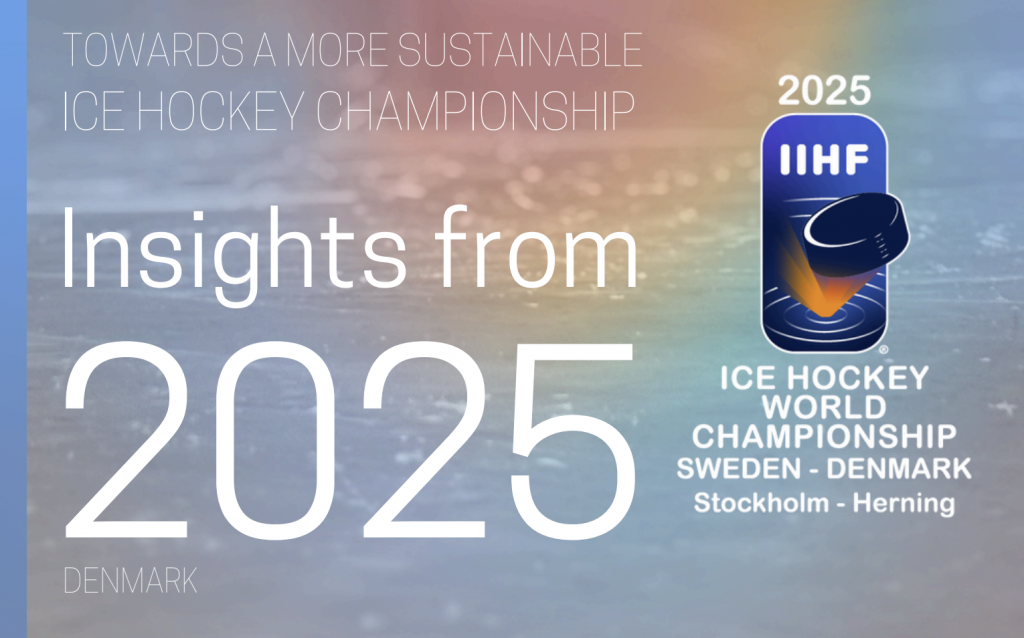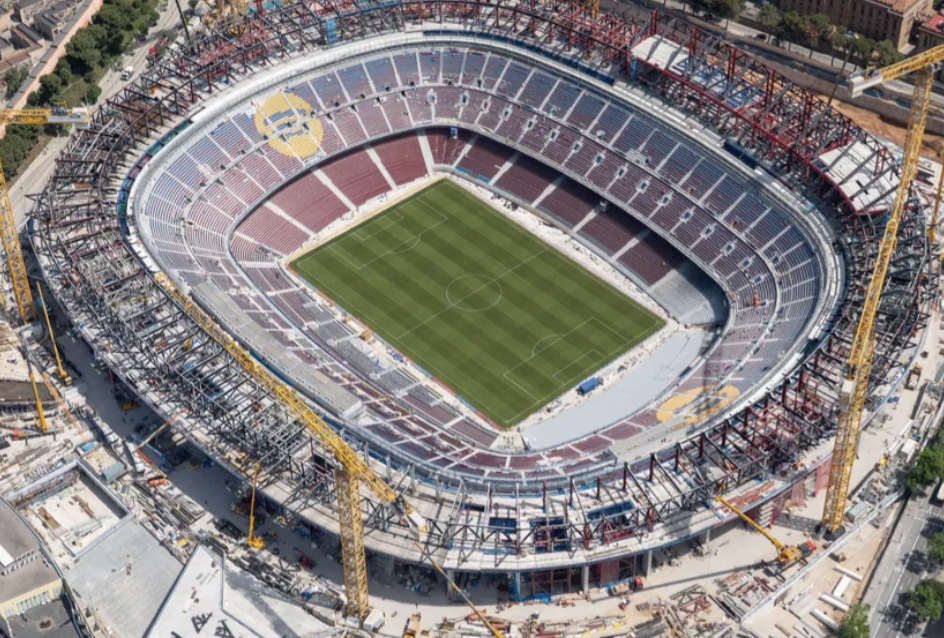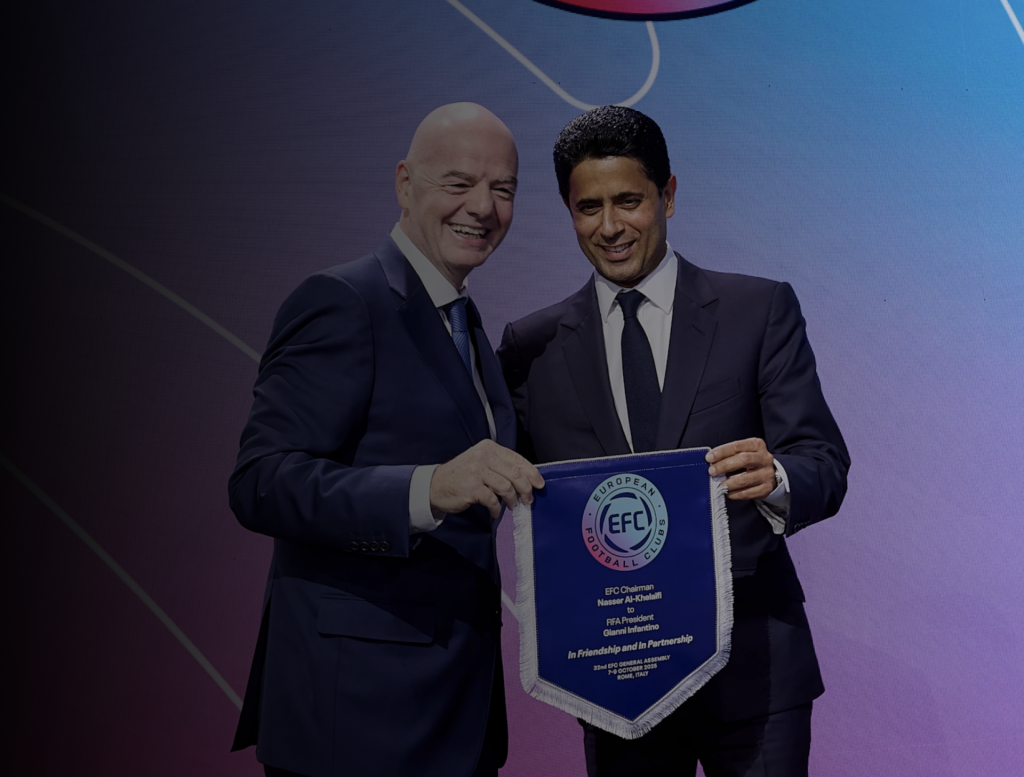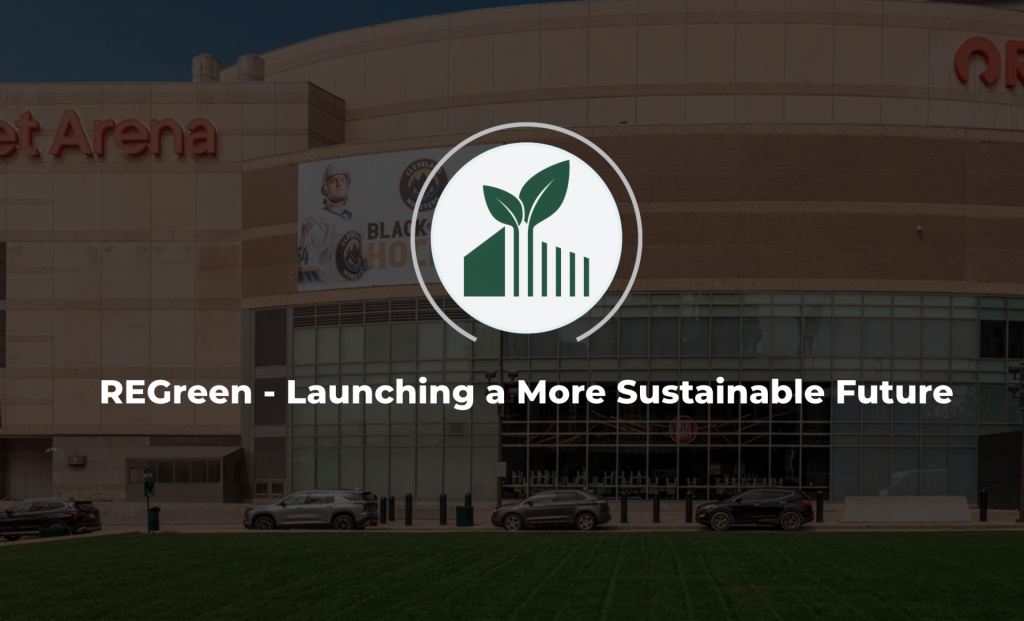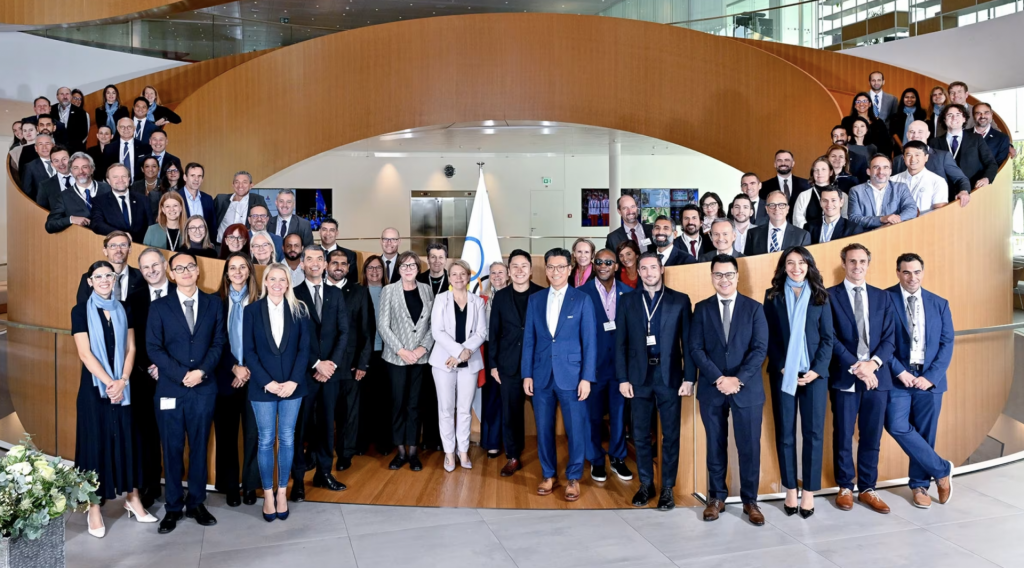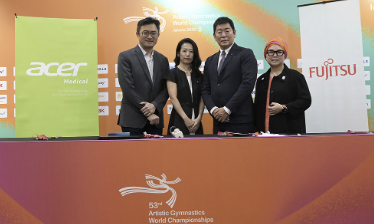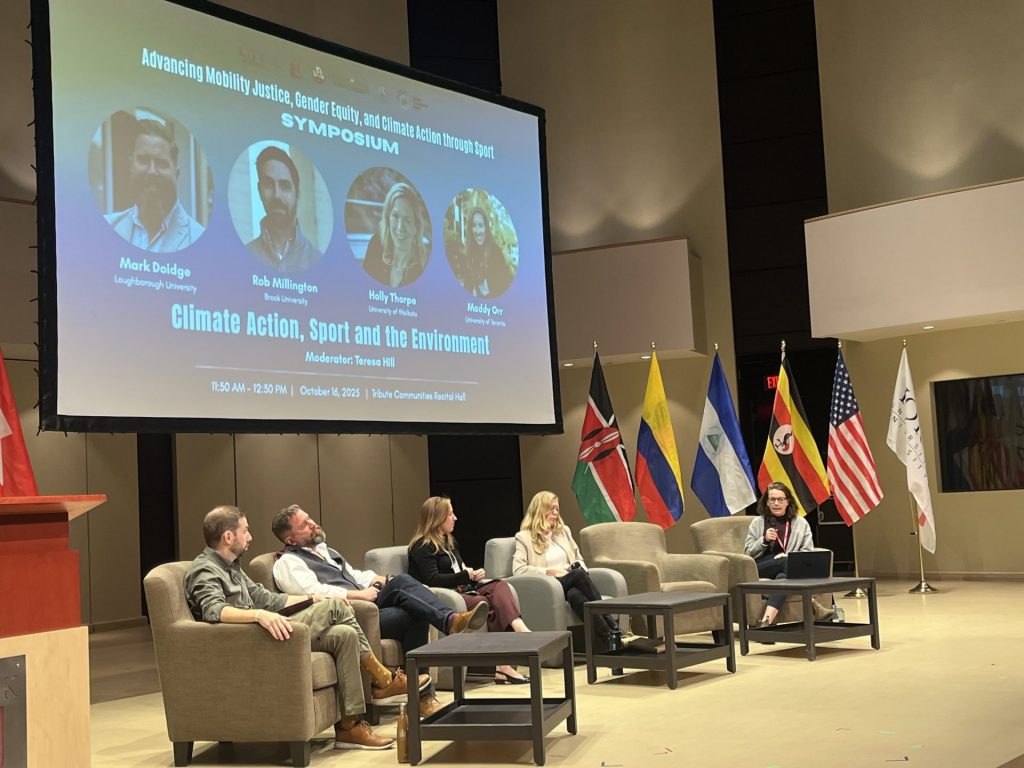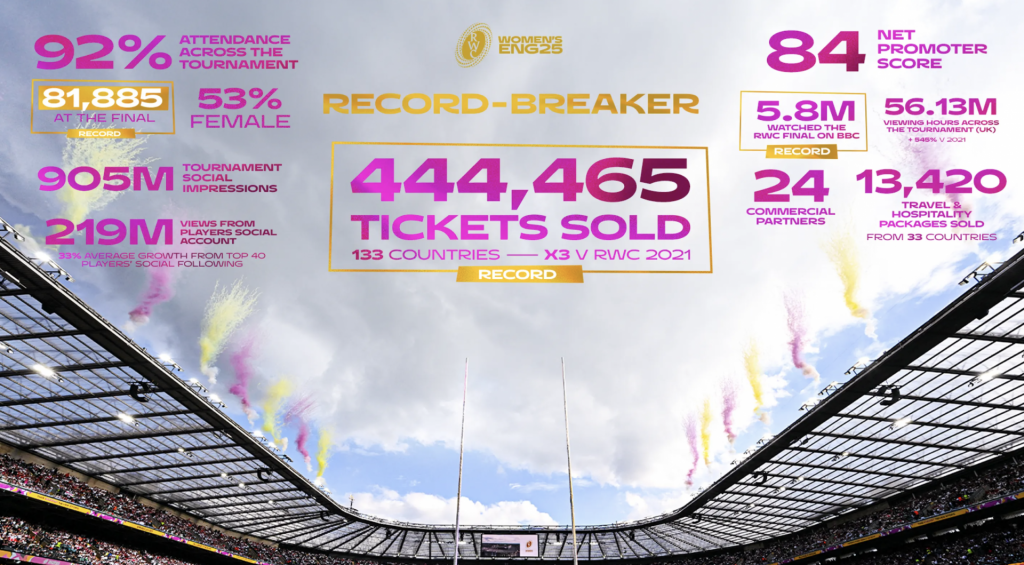To access our unique news archive of over 1,400 articles with insights on over 500+ sustainable sports organisations, join the GSS Network today.
Login here if you are a registered network subscriber.
News article
Wolves lead the way in Europe’s Clean Air Champions League
When Wolverhampton Wanderers (Wolves) joined the Clean Air Champions League back in January 2025, they became the first English club to take part in a pioneering European initiative tackling one of sport’s most overlooked issues – air pollution.
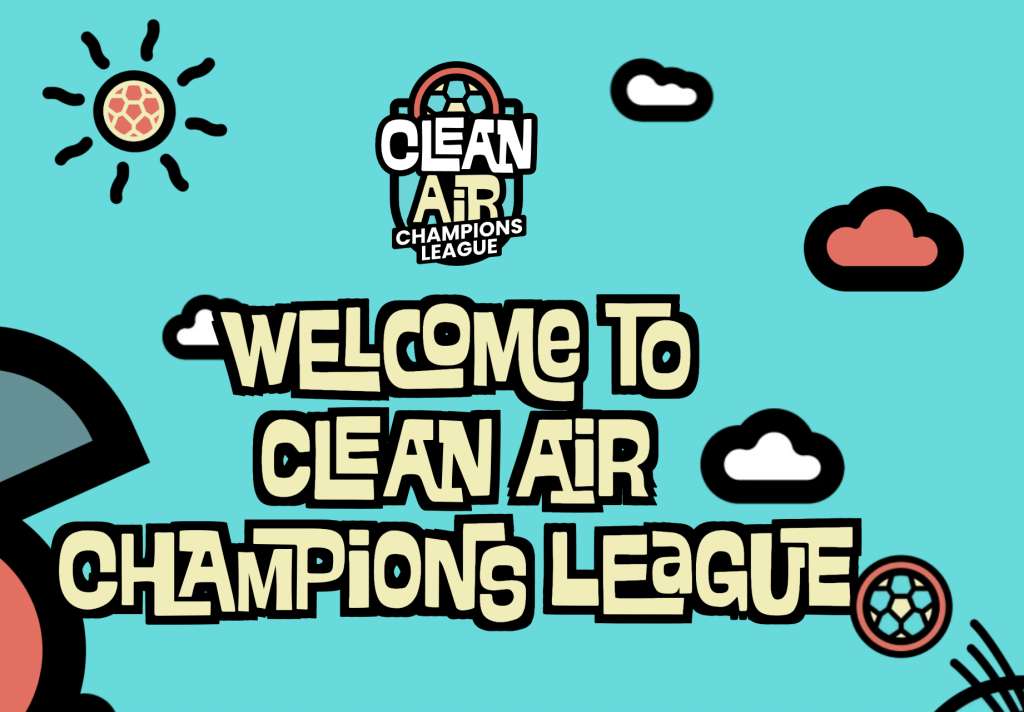
Led by Irish club Bohemians and supported by the European Football for Development Network (EFDN), the Clean Air Champions League brings together football organisations across Europe, including ADO Den Haag, Real Betis and the Bulgarian Football Union, to raise awareness of air quality, monitor pollution levels, and inspire communities to take action.
Football for clean air
For Wolves Foundation, the project aligns perfectly with the club’s One Pack One Planet sustainability strategy, which aims to reduce environmental impact and reach net zero by 2040.
Speaking exclusively to Global Sustainable Sport, Jonny Warburton, Head of Programmes for Education, Employability and Youth Engagement, explained that Wolves’ involvement grew out of their long-standing connection with the EFDN network.
“We’re delighted to be the first English club involved in this hugely important collaboration between clubs and organisations across Europe,” said Warburton. “The concept is that each club will have air-quality monitors installed at their stadium and within their local community. The data will tell the story of emissions in the area and feed into a European ‘league table’ that ranks clubs not just on readings but also on how they engage fans and communities in taking action.”
“We’re delighted to be the first English club involved in this hugely important collaboration between clubs and organisations across Europe. The concept is that each club will have air-quality monitors installed at their stadium and within their local community. The data will tell the story of emissions in the area and feed into a European ‘league table’ that ranks clubs not just on readings but also on how they engage fans and communities in taking action.”
The project officially launches in 2026, but preparation has been under way for nearly a year. Wolves representatives joined other participating clubs in Dublin last December to plan objectives, share ideas, and set the framework for local community engagement.
Connecting fans, data and education
In Wolverhampton, the initiative will track air quality around Molineux – located at the heart of the city, surrounded by roads, industry and busy commuter routes. Alongside the main stadium monitor, local fan groups will help select a second monitoring location within a two-kilometre radius, enabling comparisons between match-day and non-match-day conditions.
The Foundation’s focus will be on translating data into meaningful community education.
“Our role is to build and deliver educational workshops across the community,” Warburton said. “We’ll be speaking to fans, local residents, people who work nearby and schools to assess what actions we can take together to improve air quality. It might involve changing travel habits, encouraging walking to school, or simply raising awareness about what pollution means for health and the local environment.”
“Our role is to build and deliver educational workshops across the community. We’ll be speaking to fans, local residents, people who work nearby and schools to assess what actions we can take together to improve air quality. It might involve changing travel habits, encouraging walking to school, or simply raising awareness about what pollution means for health and the local environment.”
Richard Lewis, Schools Manager at Wolves Foundation, added that the programme will help young people understand both the science and the solutions.
“We’re going into schools to explain what the main pollutants are, what causes them, and how they affect health and wildlife. It’s not about putting pressure on local authorities – it’s about helping communities recognise what they can do themselves,” he said.
“We’re going into schools to explain what the main pollutants are, what causes them, and how they affect health and wildlife. It’s not about putting pressure on local authorities – it’s about helping communities recognise what they can do themselves,”
From Wolverhampton to Europe
For Wolves, the Clean Air Champions League represents more than environmental data – it’s a new way to connect football with public health, education and behaviour change. The Foundation’s collaboration with European partners such as Real Betis, whose Forever Green programme has become a model for sustainability in sport, also reflects Wolves’ ambition to share learning and raise standards across the game.
“This is probably the first designed programme for the Foundation in recent times,” said Warburton. “It’s been an eye-opener for us – not just working across Europe but learning from clubs doing some great things in sustainability. Being the first English club involved makes it even more exciting.”
“This is probably the first designed programme for the Foundation in recent times. It’s been an eye-opener for us – not just working across Europe but learning from clubs doing some great things in sustainability. Being the first English club involved makes it even more exciting.”
Clean air, clear goals
As the programme develops, air-quality data, community engagement and education will all count towards a continental “league table”, turning clean-air awareness into a competitive – and collaborative – challenge across football.
For Wolves, it’s another step in a wider journey. From environmental stewardship to fan engagement, the club’s One Pack One Planet strategy continues to show how sport can inspire positive change – on and off the pitch.
“It can only be a positive for Wolves to be involved in such an exciting project on a European stage. We’re looking forward to seeing how it develops and what impact we can create, both in Wolverhampton and across the continent.”
“It can only be a positive for Wolves to be involved in such an exciting project on a European stage,” Warburton concluded. “We’re looking forward to seeing how it develops and what impact we can create, both in Wolverhampton and across the continent.”
Read moreClean Air Champions League
Join the GSS Alliance Partners programme today
Stay ahead of the game with our FREE weekly newsletter, delivering the latest sport and sustainability news from around the globe straight to your inbox
Join the GSS Network programme today
Register for GSS Workshops today
Join the GSS Education programme today


